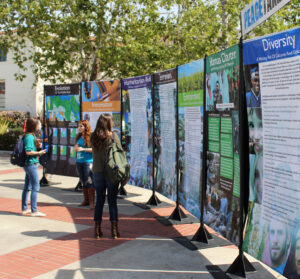
Booklets
Countering BDS
BOOKLET SERIES COUNTERING ANTI-ISRAEL BOYCOTTS ON CAMPUS BDS Thinly Veiled Racism Share on facebook Share on twitter Share on linkedin Share on whatsapp Share on
BOOKLET SERIES
JERUSALEM: 10 ESSENTIAL FACTS
If you want one simple word to symbolize all of Jewish history, that word would be Jerusalem.
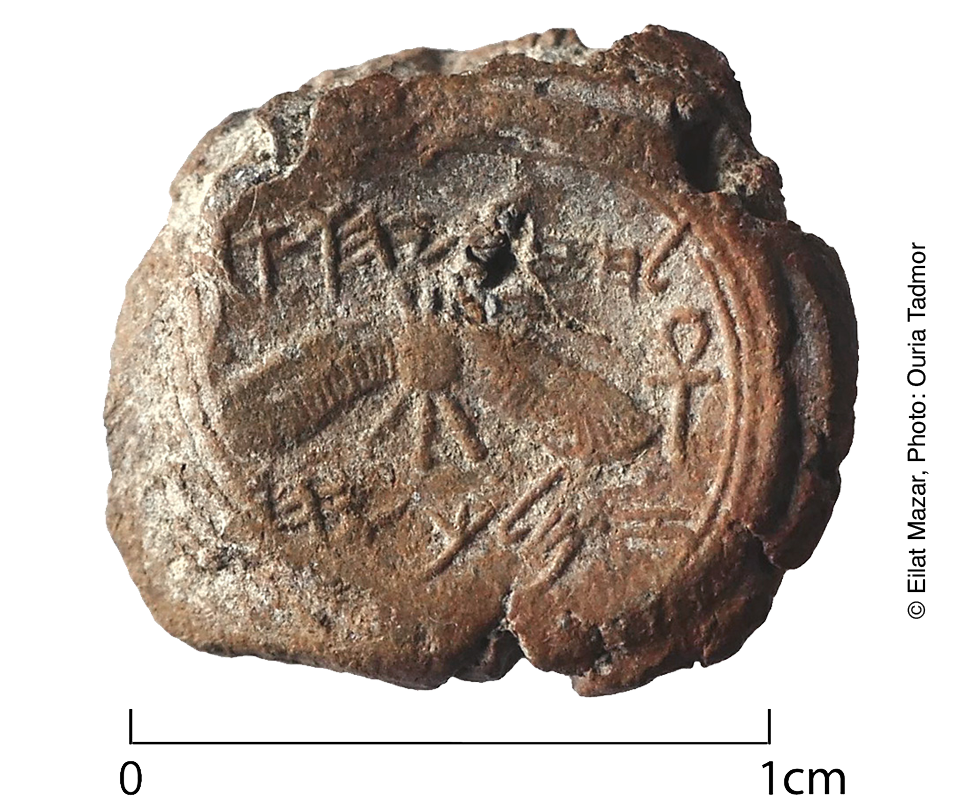
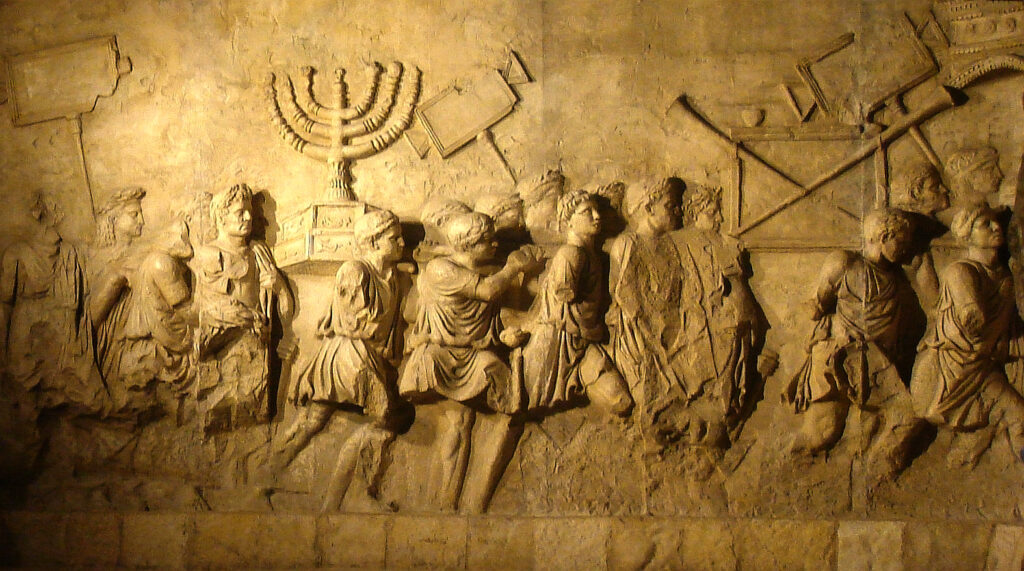
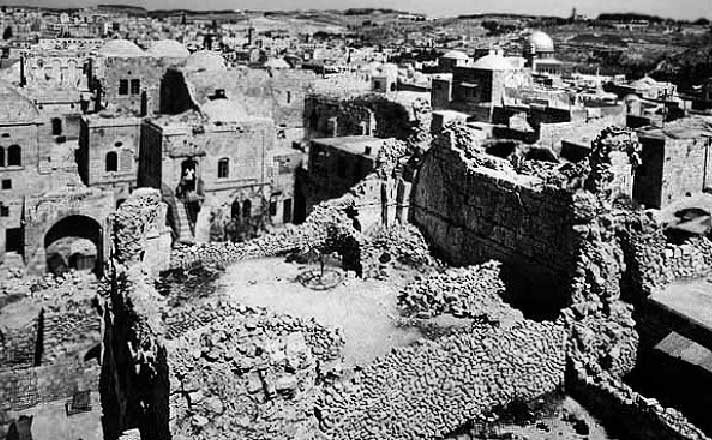
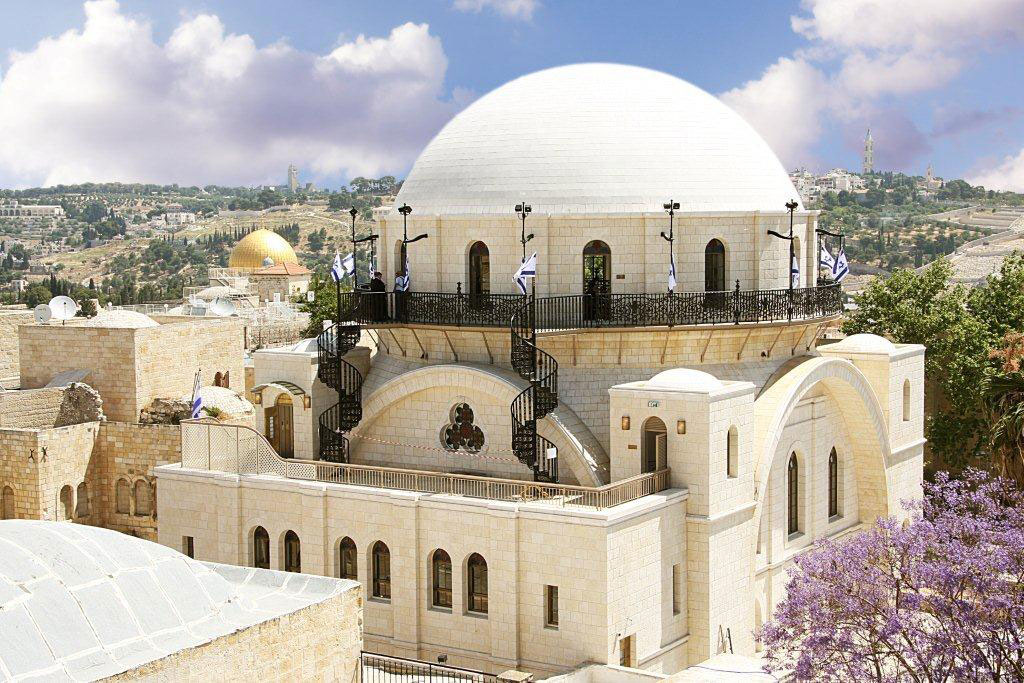
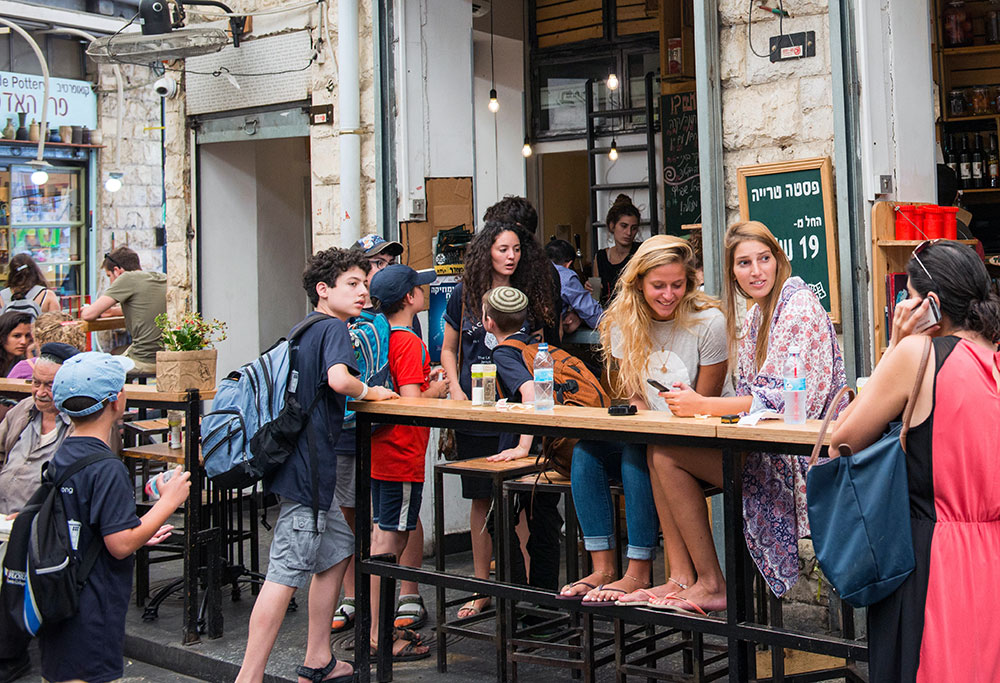
YOU MAY ALSO ENJOY

BOOKLET SERIES COUNTERING ANTI-ISRAEL BOYCOTTS ON CAMPUS BDS Thinly Veiled Racism Share on facebook Share on twitter Share on linkedin Share on whatsapp Share on
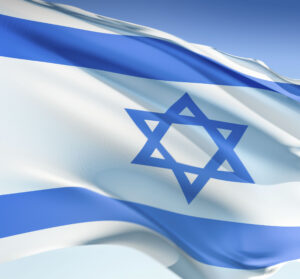
BOOKLET SERIES ISRAELPOCKET FACTS Share on facebook Share on twitter Share on linkedin Share on whatsapp Share on email View as PDF If you want
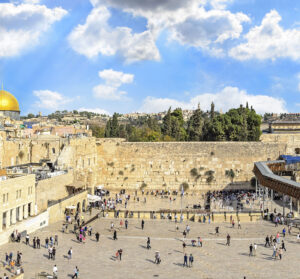
BOOKLET SERIES JERUSALEM: 10 ESSENTIAL FACTS The Jewish people, whose indigenous roots in the land of Israel are deep and unbroken, forged a powerful and